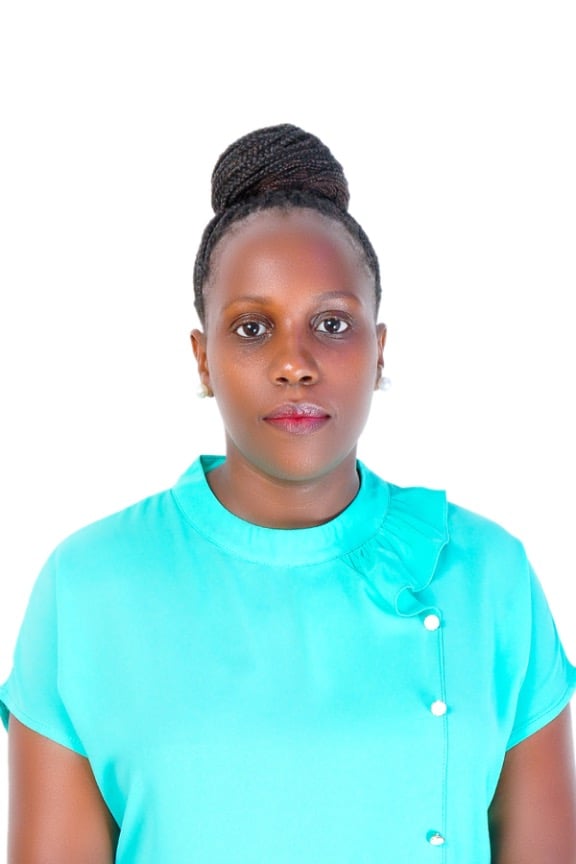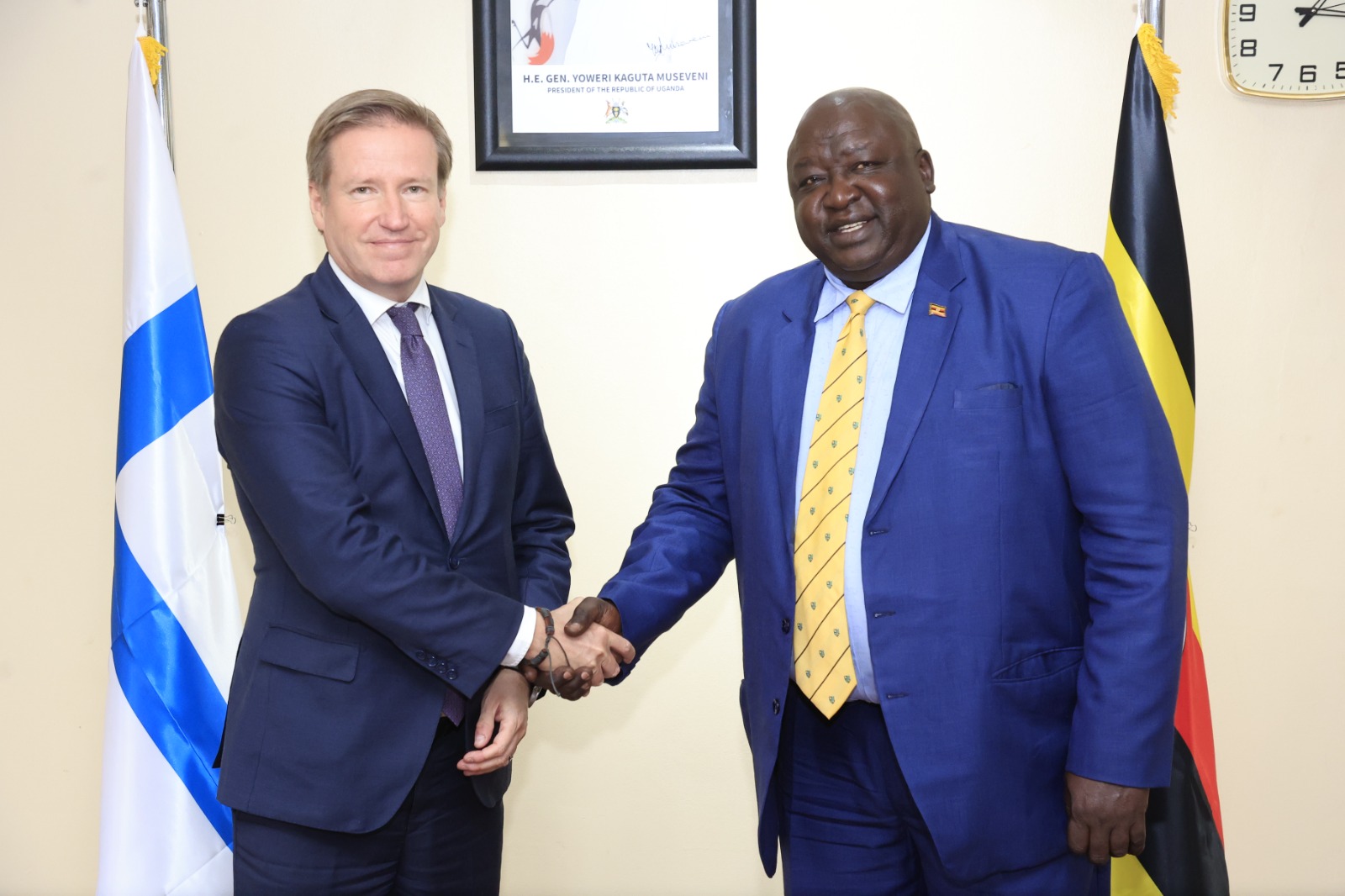The World my Mother created for me
By Ester N. Rutarindana
“From a young age, I determined in my heart that in future, when God gives me my own daughters, I will educate them.” Mother recalls.
Traditionally, in African rural societies, we come from a patriarchal society but as you and I are aware, it has not stopped the girl child from moving up. I take note of women and girls whose inclusion into social-economic and political empowerment is still being derailed by various factors including religion, archaic cultural beliefs and poverty prevailing in different countries and communities across the continent. All notwithstanding, there is a serious radical shift for women empowerment supported by governments and international organizations globally. In fact, the ascendance of women to positions of influence in the recent decades has been on the rise.
For Instance, President Samia Suluhu Hassan became the sixth and first female President of Tanzania in 2021. Ms. Saadia Yasin Haji Samatar made history in 2022 as the first female Honorable Deputy Speaker of Somalia’s House of the People (Lower House); in a largely patriarchal Somali society while in most countries including Uganda, 30% is reserved for women in the senate and other electoral colleges.
However, personally, I would not have been in this transition if it was not for my uneducated mother who was denied the right to education not because her father could not afford school fees but simply because she was a girl. My Mother and her sisters were never allowed to go to school because their father believed that girls were meant only for marriage.
She tells us that, every time the government local officers would come to take the community children to school by force, their parents would tell them to go and hide in the kraal-pens. In one account, she recalls that, the then prince of Ankore, the late Geoffrey Katanywa who happened to be their father’s friend, had offered to pay school fees for my mother’s elder sister but their father still refused; “Girls are only for marriage” her father said. I asked her what she learnt and regrets from her own experience. She said, “When I see what educated people do for their families, their parents and their countries, I feel bad that I did not go to school but from a young age, I determined in my heart that in future, when God gives me my own daughters, I will educate them.”
Mother was married off at 15 years of age, gave birth to her first child 4 years later; five girls and 3 boys. True to her word, she was determined to educate her daughters. Well, my Father at first was not in the business of educating girls either. One day, I overheard my father saying; “tinkuza kutema ente zangye ngu ninshomesa abeishiki” (I will not sell my cows to educate girls). Get it right, my father loved his daughters with no doubt, he only did not value educating them. However, my mother using her soft power, she kept on insisting that all her children (boys & girls) were equally important and thus entitled to the same rights and privileges.
By the time we finished primary education (thanks to universal primary education, Uganda), my mother had calmly and wisely influenced my father into giving us a chance. We also gave him morale by performing well in schools and so gave him a good reason to “sell his cows” to advance our education. With my mother’s influence without authority over our father, my father later on became a strong advocate of “boona Bashome” (let them all study). Today, all my siblings and I have accessed the right to education.
Mother told us from word go that we were all equal. That being a girl was not a weakness and that we could do and be anything we wanted to be in life. Today, I can proudly testify that I live in the world that my mother created for me; she laid the foundation of educating my sisters and I. Without education, I would not be where I am today. I honor her resilience, her determination she carried since childhood until motherhood not to see her own daughters being devalued the way her and her sisters were devalued by society and her family.
Mother’s pieces of advice to us have always been in phases. In our formative years, she advised us that we (boys and girls) were equally valuable and that was firmly rooted in us. We learnt how to stand up to any negative, demeaning and bullying voices, we learnt how to back ourselves; a skill that serves us well up to day. When we all became of age; she advised us that mature people do not just fight; they communicate, respect one another, work together and support each other. She tells us that being educated and empowered is not interchangeable with egotism. She has always emphasized virtues like; hard work, self-esteem, respect, honesty, modesty, value for people, kindness and emphasized cultural values like knowing one’s mother tongue but above all, the fear of God.
Moral of the Story is;
· You simply have to do what is in your means to do. One small positive action can influence communities and transform future generations. Mother comes from a not educated ancestry but today, my siblings and I live and participate in a better world created by the pivotal decision, made and purposed by a 15-year-old girl, who later became a mother and changed the lives of generations coming after her probably forever.
· What you can do or become in life is not directly proportional to your gender identity. It is about what you tell yourself, what you believe, what you practice, what you feed your mind with, what you focus on and it’s about having an enabling environment. From my experience, I believe in holistic, inclusive and equitable approaches to community development where there are no limits to what anyone can do or become so that we can all as individuals (male or female), compete freely, discover and utilize our Godly given potentials thus benefiting our communities and families.
This is to say thank you to all the women who have gone before us and lit the candle of hope for the young girls, to the organizations and world governments who have never given up on the advocacy campaigns for women empowerment and wellbeing.
Most importantly, to all the mothers, thank you for being Nneka. As Chinua Achebe puts it in his book ‘Things Fall Apart’, “A man belongs to his fatherland when things are good and life is sweet. But when there is sorrow and bitterness, he finds refuge in his motherland. Your mother is there to protect you. That’s why the mother is Nneka (SUPREME).”
 The author Ester N. Rutarindana
The author Ester N. Rutarindana
Happy Women’s Day Celebrations!
Ester N. Rutarindana
eninshaba@gmail.com













